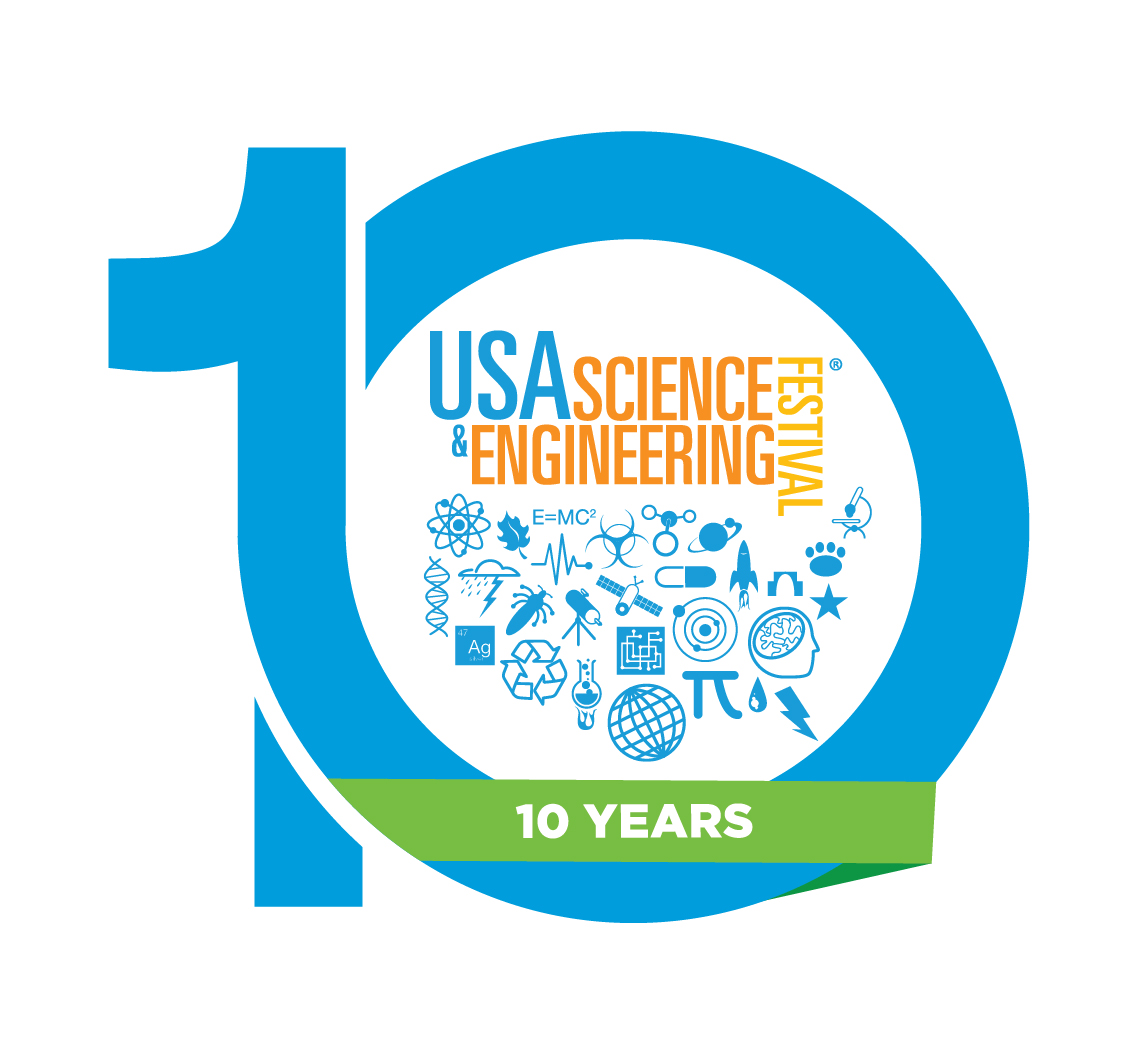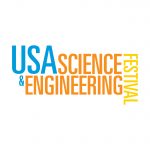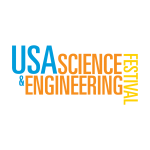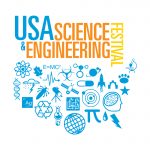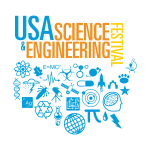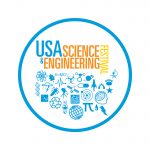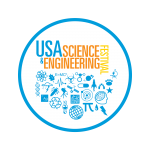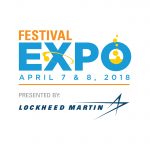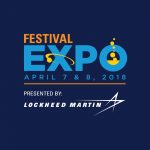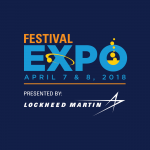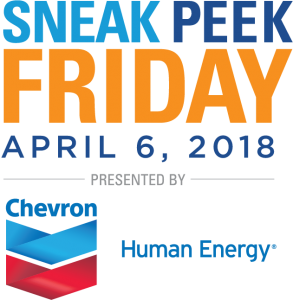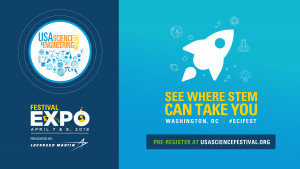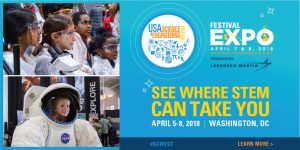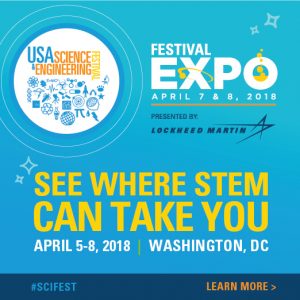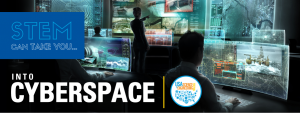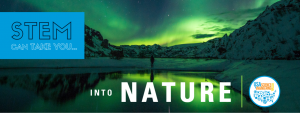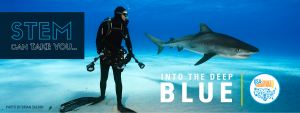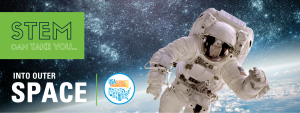By High School Student Connor Smith, who is attending Cornell next year and studying chemistry.
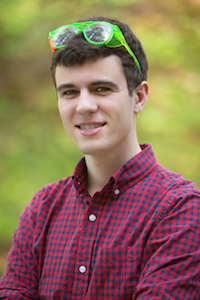 The two speakers I enjoyed most at the 2015 X-STEM conference were Andrew Zwicker, a physicist from the Princeton Plasma Physics Laboratory, and William Pomerantz, the Vice President of Special Projects at Virgin Galactic. Dr. Zwicker talked primarily about his work on fusion reactors using high energy plasma, and the need for the development of clean energy technology. One thing I hadn’t known going into the talk is that fusion isn’t just science fiction; there are reactors that have produced a net positive amount of energy, and a reactor designed for power generation is currently in construction! I personally found this talk interesting because I plan on attending Cornell University this fall to study Chemistry and Quantum Physics; I was enticed by the possible application of my studies to solve a societal need for clean energy.
The two speakers I enjoyed most at the 2015 X-STEM conference were Andrew Zwicker, a physicist from the Princeton Plasma Physics Laboratory, and William Pomerantz, the Vice President of Special Projects at Virgin Galactic. Dr. Zwicker talked primarily about his work on fusion reactors using high energy plasma, and the need for the development of clean energy technology. One thing I hadn’t known going into the talk is that fusion isn’t just science fiction; there are reactors that have produced a net positive amount of energy, and a reactor designed for power generation is currently in construction! I personally found this talk interesting because I plan on attending Cornell University this fall to study Chemistry and Quantum Physics; I was enticed by the possible application of my studies to solve a societal need for clean energy.
I also really enjoyed William Pomerantz’s presentation on space tourism and exploration, because becoming an astronaut and scientist on the ISS or on Mars has always been a dream of mine. Mr. Pomerantz’s talk focused on Virgin Galactic’s mission to make space travel less expensive, and more accessible to everyday people. His ideas about the commercialization of space got me thinking about the environmental stewardship of near-earth space, and other planets we may colonize. The current environmental problems we face on earth are a result of the unsustainable consumption of resources. If we had gone through the industrial revolution with some forethought, we would not be in this position of having to repair damage to the environment, which is much more expensive than prevention. Of course, we did not have that kind of foresight then, but now, as we begin to explore space, we do. Governmental space agencies and private space companies must take steps to prevent the accumulation of debris in space, in order to prevent kessler syndrome. (Kessler syndrome is a scenario hypothesized by Donald Kessler in which the density of satellites and other debris in orbit is high enough that collisions between objects could cause a cascade, each collision generating more debris, which would increase the likelihood of further collisions. This would render the use of satellites and space exploration impossible.)
X-STEM was awesome this year, and I’m sad that I won’t be able to attend next year! Hopefully I’ll be presenting someday…


